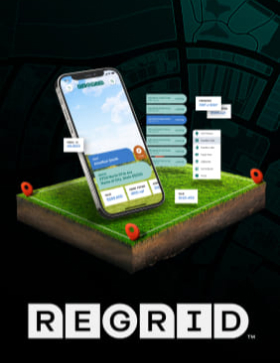
Here in the Spokane’s Silicon Alley I sit (Liberty Lake, WA) and right out my window I see Itron every day, a really hip company that was thinking smart grid before it even existed – they make smart meters that have software hooks. So naturally I am always pondering power metering. 😉 and when google announced Itron as a partner for their power meter spec last year I was pretty excited. I thought it would be just a matter of time before there was an API I could use to tap into my power and I could start to write software that monitored all kinds of things that I normally wouldn’t want to know. Well I was right.
As a side note; I did read on venturebeat that there were concerns over privacy. Seriously what is private about electric data? Either you are growing marijuana or you are running a server farm. I promise my power usage is a server farm.
via Earth2Tech.com:
Another small step for empowered and open access to energy data. Search engine giant Google announced on Wednesday that it has released the API (application programming interface) for its energy tool PowerMeter. Opening up the API means that gadget makers can now freely integrate with PowerMeter.
Google had been planning on opening up the PowerMeter API since the energy tool’s inception a year ago, but the process often takes some time to make sure the tool is ready. Srikanth Rajagopalan, PowerMeter Product Manager, told Earth2Tech in an interview that the PowerMeter API has been ready for awhile but that the team had been collecting and incorporating feedback from the first device partners.
Rajagopalan said that Google has put a strong emphasis on security and privacy into the API. For example, there are specific steps for authorizing a home energy device so that it can “talk†to Google PowerMeter. The device makers will also need to educate the end user on how to feel comfortable with connecting the energy data with third parties like PowerMeter, said Rajagopalan.
Google’s decision to release its PowerMeter API is representative of a small number of companies that have moved into the home energy management space from the web and are looking to tap into the innovation of the Internet and the ecosystem of third party developers for energy. Microsoft released its software development kit for its energy tool Hohm to developers recently
and is expecting to have the first Hohm-integrated devices this summer.
Energy dashboard makers like Tendril are also offering open APIs that will enable third-party developers to make innovative applications based around energy data. At the AlwaysOn Going Green conference in mid September Tendril CEO Adrian Tuck briefly discussed a computer game that was being built around Tendril’s API that will use a character whose powers will be based on how much energy the players saves in his/her daily life.
For Google, releasing PowerMeter’s API will hopefully bring in more end users via new gadget partners. PowerMeter only has “a few thousand users at this point†Google said recently. And opening up the API will also allow third party developers to “innovate in the field,†as Rajagopalan explained it. The mantra of Internet development is that the developer community will be able to create innovation far beyond what the companies can do in house. It will be the same for innovating around energy data.








